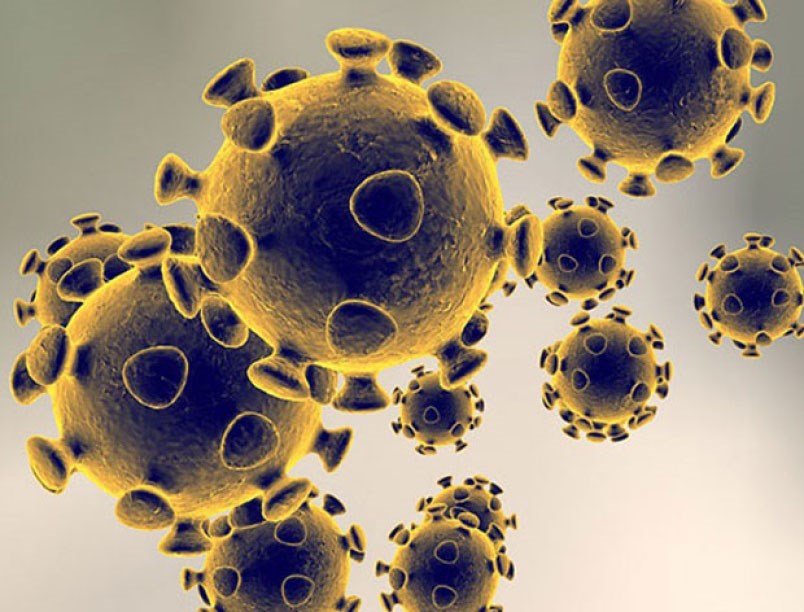The COVID-19 pandemic is starting to get political in several countries, including our own. Leaders are exchanging barbs and blame for not doing enough to prevent the spread of the virus and not acting quickly enough to source safety supply for frontline responders and essential service workers.
In the United States, President Donald Trump is publicly saying that he has the power to “open up” the economy while the governor of New York reminded him the other day that he is not King Trump and is unable to wield absolute power.
Tensions abound and there is lots of finger pointing going on these days and that will likely continue for the foreseeable future as hoarders continue to hoard and physical distancing becomes immensely boring for the selfish and naive.
Governments had ambitious plans in place after the SARS and Ebola epidemics and had assured themselves that measures would be taken to ensure that health care workers, patients and front line workers would have adequate equipment to contain an epidemic or pandemic should one occur in the future. Didn’t happen. Spanish-American philosopher and poet George Santayana noted that “those who do not remember the past are condemnedto repeat it.”
Hopefully we have got the message this time. On a brighter note, a problem is an opportunity to improve and I have little doubt that many positive innovations will be born from this tragedy. We should be stoically optimistic as opposed to panic stricken, and remember that necessityis the mother of invention.
Online medical systems, supply chain and logistics improvements and advancements in educational programming and curriculum will all likely occur. Likewise, international travel protocols, health screening technologies and agri and bio technologies will likely fuel industries that will help to keep us safe.
As an advocate for education in agriculture, I am hoping that governments will look at our current circumstance with a progressive eye. Progressive in the sense that it is actually a back to the future sensibility.
Think “Victory Gardens” and the promise of communities working together to grow, share and trade food, the earliest of currencies. I believe this is a worthy and perhaps necessary undertaking, especially for children and young people whom we hope will continue to feed us in the future.
Without giving Santayana too much press, he offered another insight which is particularly relevant today: “A child educated only at school is an uneducated child.”
I am sure that all parents out there would concur. It is well understood that learning about the world outside of a classroom is beneficial for the mental and physical health of students of all ages. As educators and officials stickhandle through this strange world, I have confidence that students will ultimately gain from the innovation that will occur.
We are lucky in Delta in that our children have long had access to alternative learning opportunities through the academy programs, through Project Pickle and through the Delta Farm Roots program.
If you would like to grow some food currency where you live but don’t know where to start, send me an e-mail at [email protected] and we can chat. Stay safe.
Mike Schneider is founder of Project Pickle and likes to write about growing, cooking and eating food. He is a Jamie Oliver Food Revolution ambassador.



